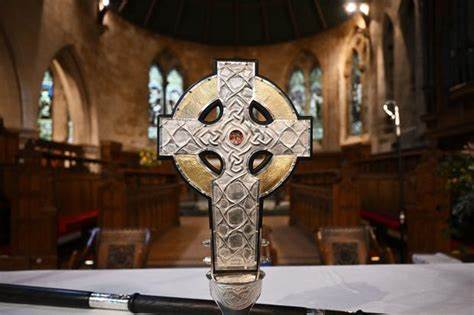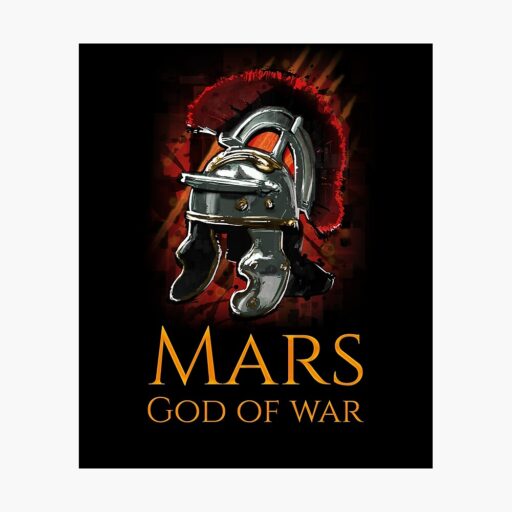Veneration of the Cross
“For they provoked Him to anger with their high places, and moved Him to jealousy with their graven images.”
Psalms 78:58

“The Cross of Wales, a new processional cross presented by His Majesty King Charles III as a centenary gift to the Church in Wales, will lead the Coronation procession at Westminster Abbey on 6 May. In a significant ecumenical gesture, the Cross of Wales will incorporate a relic of the True Cross, the personal gift of Pope Francis to His Majesty The King to mark the Coronation.”
The Cross of Wales will lead Coronation procession Provincial news Posted: 19 April 2023
…“The relics of what is known as the True Cross were given to King Charles by Pope Francis, as a coronation gift…Set into the silver cross will be two small wooden shards, originating from what is claimed to be the cross on which Jesus was crucified. Such relics of the True Cross have been venerated for centuries, with pilgrimages made to churches where they are held. There has also been long-standing skepticism about the volume and authenticity of such relics and whether they could all come from a single cross.”
Coronation cross will include ‘crucifixion relics’ BBC News


